When vets run blood work we occasionally just check a chemistry. What that typically consists of is kidney values, liver values, pancreatic values, electrolytes and blood glucose. This is a particularly common test for pre-anesthetic lab work if we are planning on sedating a young healthy pet. More often when running blood work we will run a full blood panel, meaning we also check a CBC (complete blood count).
Last week a client asked me “What is a CBC”? I figure if one person has asked, there are likely others who may not understand what we mean by CBC.
In a CBC there are white blood cells and red blood cells. Here’s the big picture on their roles: White blood cells help us fight infections. Red blood cells carry our oxygen. There are all sorts of descriptions of various cells for both white cells and red cells (i.e. immature or toxic or other adjectives). And there is a variety of types of white blood cells.
Here’s the white blood cell (WBC) team roster: There are neutrophils (the main soldier of the white blood cell lines) and lymphocytes (cells associated with our lymphatic system), eosinophils (cells associated with allergies or parasites), platelets (tiny cells at help our blood to clot) and a few minor white blood cell lines. If we find a high lymphocyte count we might then run tests looking for lymphoma. If a pet’s eosinophils are elevated we go looking for parasites. You get the picture. When we say a pet has a high white blood cell count, it is more likely the neutrophils we are talking about.
A high neutrophil count (neutrophilia) could be as simple as a “stress leukogram”. Going to the vet can be very stressful for some pets! A more common cause of neutrophila would be infection. If we have a high white blood cell count, we also look to see if the immature neutrophil lines are increased. Immature cells in the bloodstream might indicate that the body is gearing up for infection – in case it needs to send in more troops! A less favorable cause of a high white blood cell count is cancer. If we have a high white cell count there’s a good chance we will try a course of antibiotic and look for a response to therapy. How do we see if a pet has responded (other than by clinical signs and reports from the pet owner)? We recheck a CBC in a week or 2 to see if it has normalized.
White blood cell counts can also be decreased. If the soldiers are going to war (fighting an infection) faster than the body can make more soldiers, a white cell count might be low simply from consumption. Again, if we see a low white blood cell count, we vets will likely recheck a CBC in a week or 2. Sometimes pets don’t produce enough white blood cells. Chemo drugs are notorious for causing a low white blood cell count. Typically before a pet or person gets a dose of a chemo drug the oncologist first checks the white blood cell count to make sure it isn’t too low to get another dose of chemo.
Red blood cell counts can also be increased or decreased. Dehydration is the most common cause of an increased red blood cell count. If a pet has decreased red blood cells we call that “anemia”. Anemia has 3 big causes: blood loss, destruction of the red blood cells, or lack of production such as from chronic disease.
A CBC may not give us a definitive answer to a pet’s situation, but it may lead us in a direction and guide our treatment. A CBC is a snapshot in time. Some CBC results may change quickly over a few days. Some findings may be chronic and gradual. CBC results are pieces of a puzzle. We use them in conjunction with a chemistry profile, urinalysis, and physical exam to evaluate a pet.
You know I like hearing from our readers. Don’t hesitate to email me at [email protected]
NOTE: Consult your veterinarian first to make sure my recommendations fit your pets special health needs.
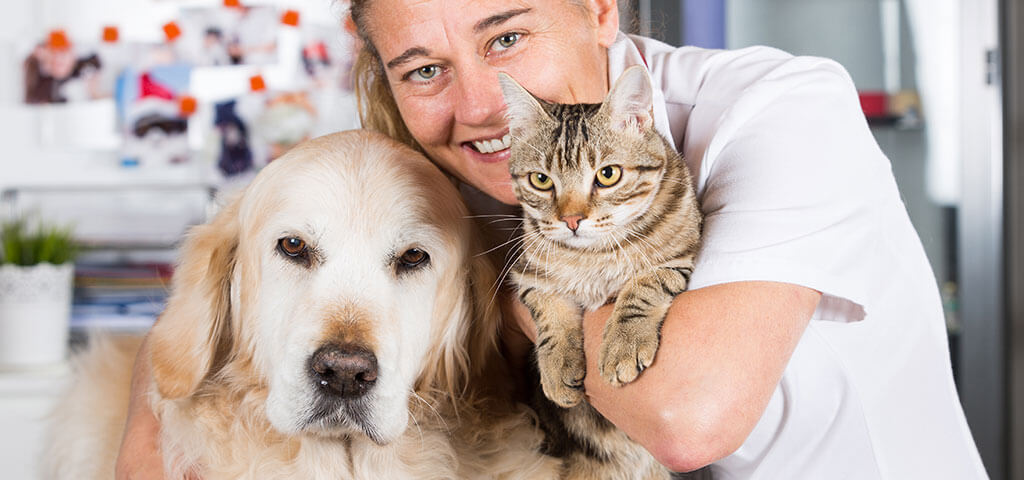
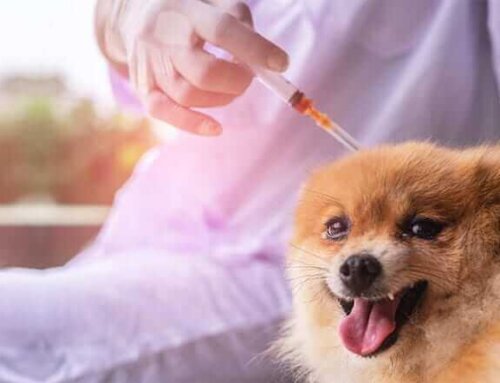




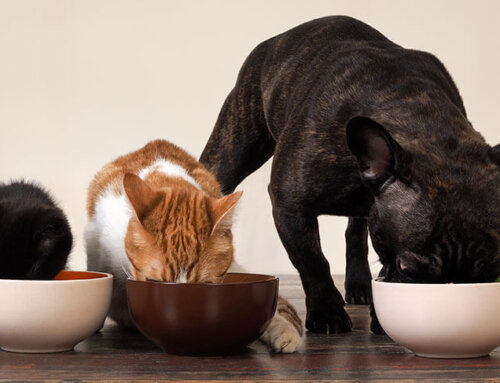
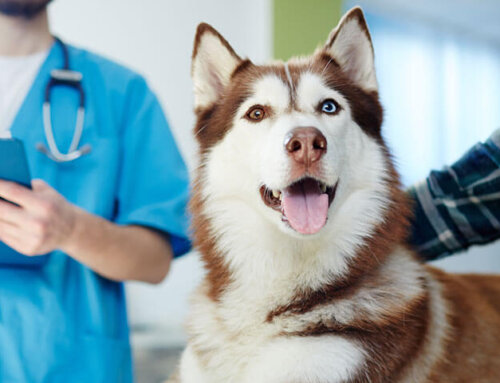
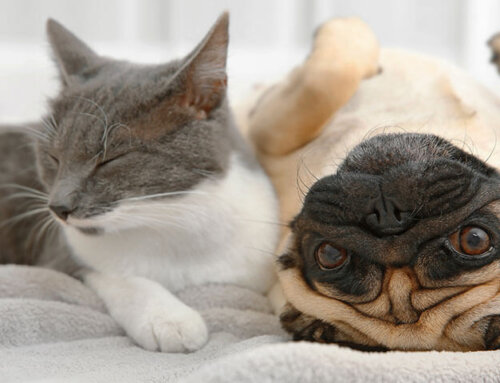

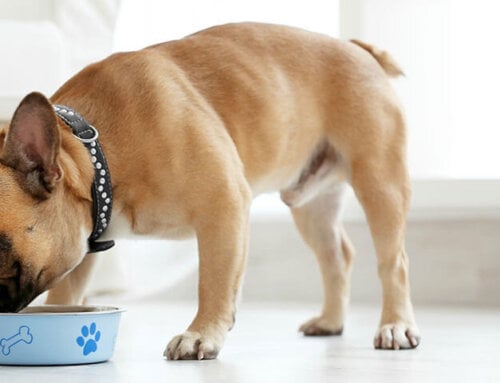
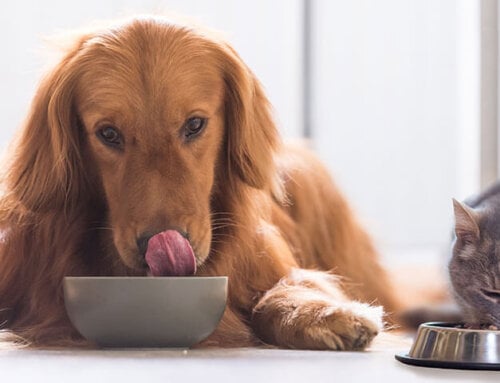

Leave A Comment